Ruth Muskrat’s Speech to President Coolidge, December 13, 1923
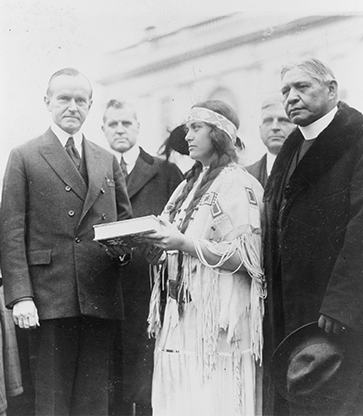
Ruth Muskrat presenting Red Man in the United States to President Coolidge. Photo from Library of Congress
“This volume of the Red Man in the United States is presented to the ‘Great White Father’ in behalf of the many Indian students of America. It is a book which bears the best we have to offer-the story of our struggles and our tragedies, of our victories and our developments. The volume presents the results of an exhaustive investigation made under the auspices of what is now known as the Institute of Social and Religious Research. It gives, for the first time, a comprehensive account of the social, economic, and religious conditions among my people as they are today. It is the only study of its kind that has ever been undertaken, and it will perhaps remain unique in this respect since we may reasonably hope that when the time would ordinarily be ripe for another such study, what is known as ‘the Indian problem’ will have ceased to exist.
“Back on the Cheyenne reservation in Oklahoma Indian women have worked with loving and painstaking care to make this gift worthy for the ‘Great White Father,’ weaving into this beaded cover the symbolic story of our race-the story of the old type of Indian, greeting with the hand of friendship the founders of this great nation, and the story of the new Indian emerging from his semi-barbaric state, tilling the soil, and building for citizenship under the guidance of school.
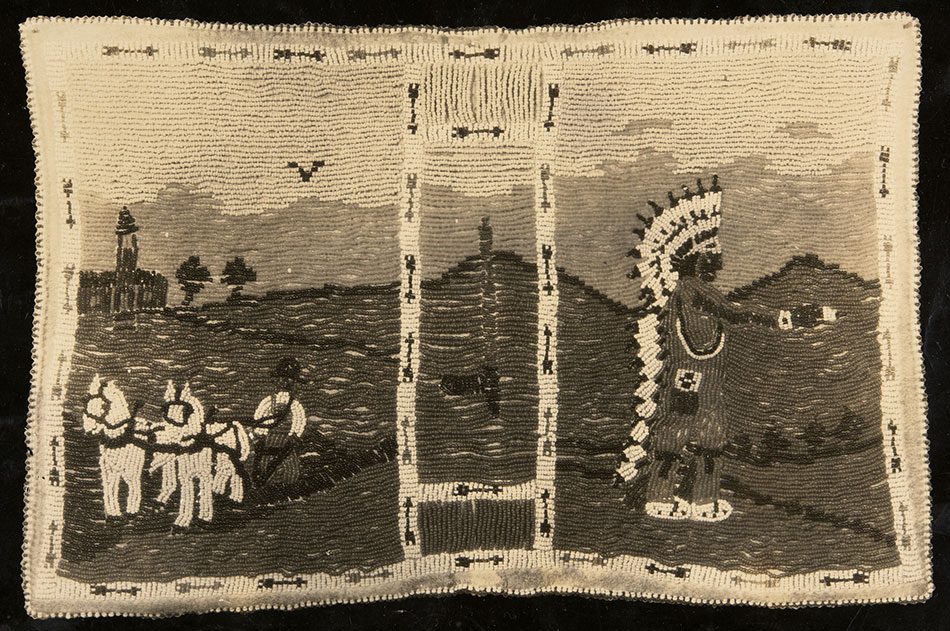
Photograph of the beaded cover of the Red Man in the United States. The book’s intricately beaded cover was made by an Indian woman of the Cheyenne tribe, Fish Woman. The book is an intimate study of the social, religious, and economic life of American Indians by G.E.E. Lindquist, made under the auspices of the Institute of Social and Religious Research. Courtesy of MHC Archives & Special Collections
“There have been so many discussions of the so-called Indian problem. May not we, who are indian students of this generation, who must face the burdens of that problem, say what it means to us? You know that in the old days there were mighty Indian leaders- men of vision, of courage, and of exalted ideals. History tells us of Chief Powhatan, who met strange people on the shores of his country, and called them brothers; Massasoit, who offered friendship, and shared his kingdom. Then appeared another type of leader, the war chief, fighting to defend his home and his people. The members of my race will never forget the name of King Phillip, of Chief Joseph, of Tecumseh. To us they will be revered as great leaders who had the courage to fight, ‘campaigning for their honor, martyrs to the soil of their fathers.’ Again the order changes, and we have other leaders coming forth to find new paths. Cornstalk, the great orator; Red Jacket of the Senecas; and Sequoyah of the Cherokees. It was not an accident that these leaders were great. There was some hidden energy, some great driving inner ambitions, some keen penetration of vision that urged them on.
“What made these older leaders great still lives in the hearts of the Indian youths of today. The same potential greatness lies deep in the souls of the Indian students who today must become the leaders of the new era. Our old life has gone. A new trail must be found, for the old one is not good to travel farther. We are glad to have it so. But these younger leaders who must guide their people along new and untried paths have perhaps a harder task before them than the fight for freedom our older leaders made. Ours must be the problem of leading this vigorous and by no means dying race of people back to their rightful heritage of nobility and greatness. Ours must be the task of leading through these difficult stages of transition into economic independence, into a more adequate expression of their art and awakened spiritual vigor. Ours is a vision as keen as as penetrating as any vision of old. We want to understand and to accept the civilization of the white man; we want to become citizens of the United States and to share in the building of this great nation that we love. But we want also to preserve the best that is in our own civilization. We want to make our own unique contribution to the civilizations of the world-to bring our own gifts to the alter of that great spiritual and artistic unity which such a nation as America must have. This is the Indian problem which we who are Indians find ourselves facing.
“In order to solve it, we must have schools; we must have encouragement and help from our White Brothers. Already we have many schools, but the number is pitifully inadequate. And already the beginnings toward an intelligent and sympathetic understanding of our needs and our longings have been made through efforts as this book represents. For reasons today, as never before, the trail ahead for the Indian looks clear and bright with promise. But it is yet many long, weary miles until the end.
“It is out of gratitude for the opportunities for education and culture which have been afforded us by the interest of the white man, and our love for this nation to which we are eager to contribute our best, that this book is presented to our ‘Great White Father’ in behalf of the Indian students of America.”
January 5, 2018



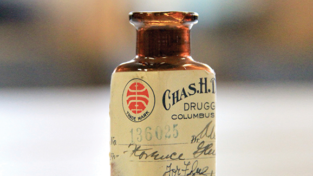
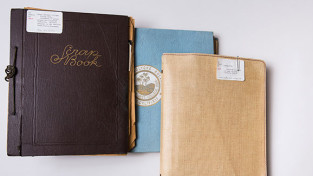
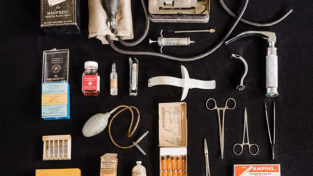
Unfortunately, many students at Indian “boarding” schools, whether close to their home, or clear across the country, like Carlisle, were not quite the experience that some needed. To be forced to have their “Indian-ness” taken away, in order to learn English and a few other white traits, was not necessary, and cruel. It could have been done in a much less harsh way. Maybe worst of all, many families were torn apart, and never were able to really come together again.
If you read deeper in to her speech, she is not just asking for equality. She expresses the history, strength, commitment, values and rich culture the Native Americans had and wanted to share with all Americans. Unfortunately today we are a greedy, about me, never willing to except personal accountability for our own decisions society. Opportunity is all around but many continue to focus on expressing negativity and reasons as to why they “can’t” or its someone else’s fault. Great story
This underscores the same problems we have today with people of color. We need better schools, better education starting at a very early age, and more support systems for families.
This makes me sad because so little progress has been made after so much hope.
Beautiful